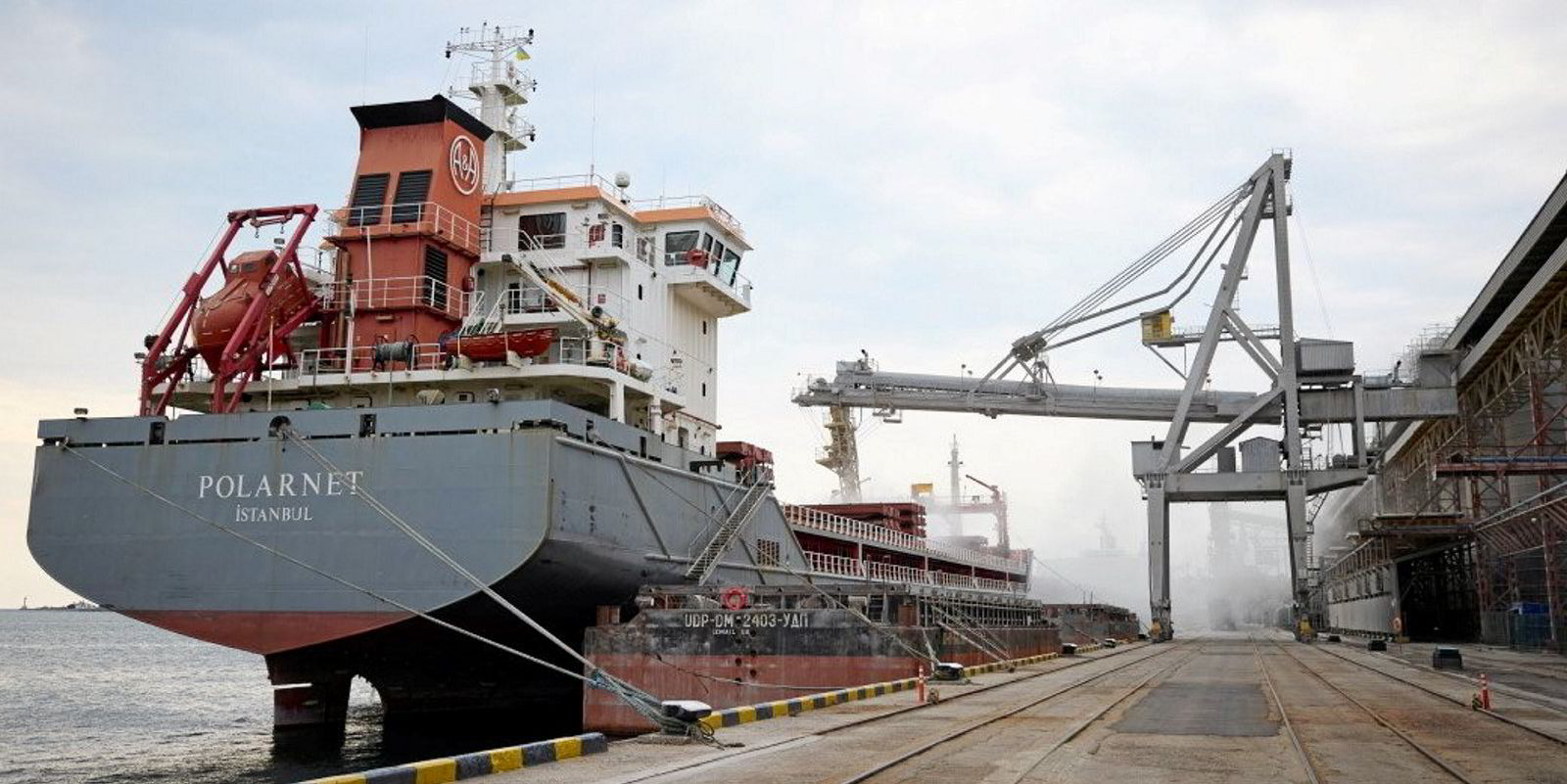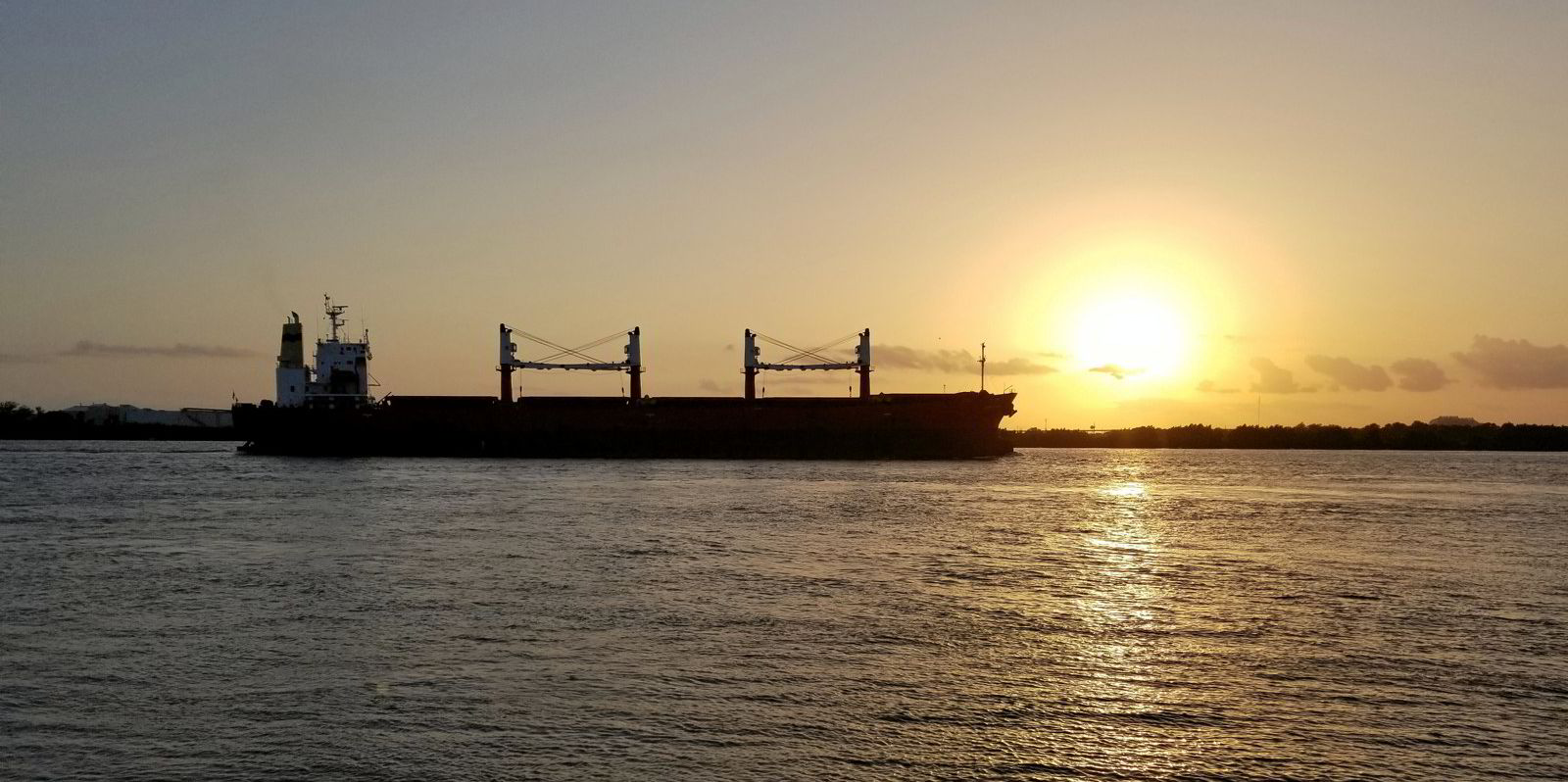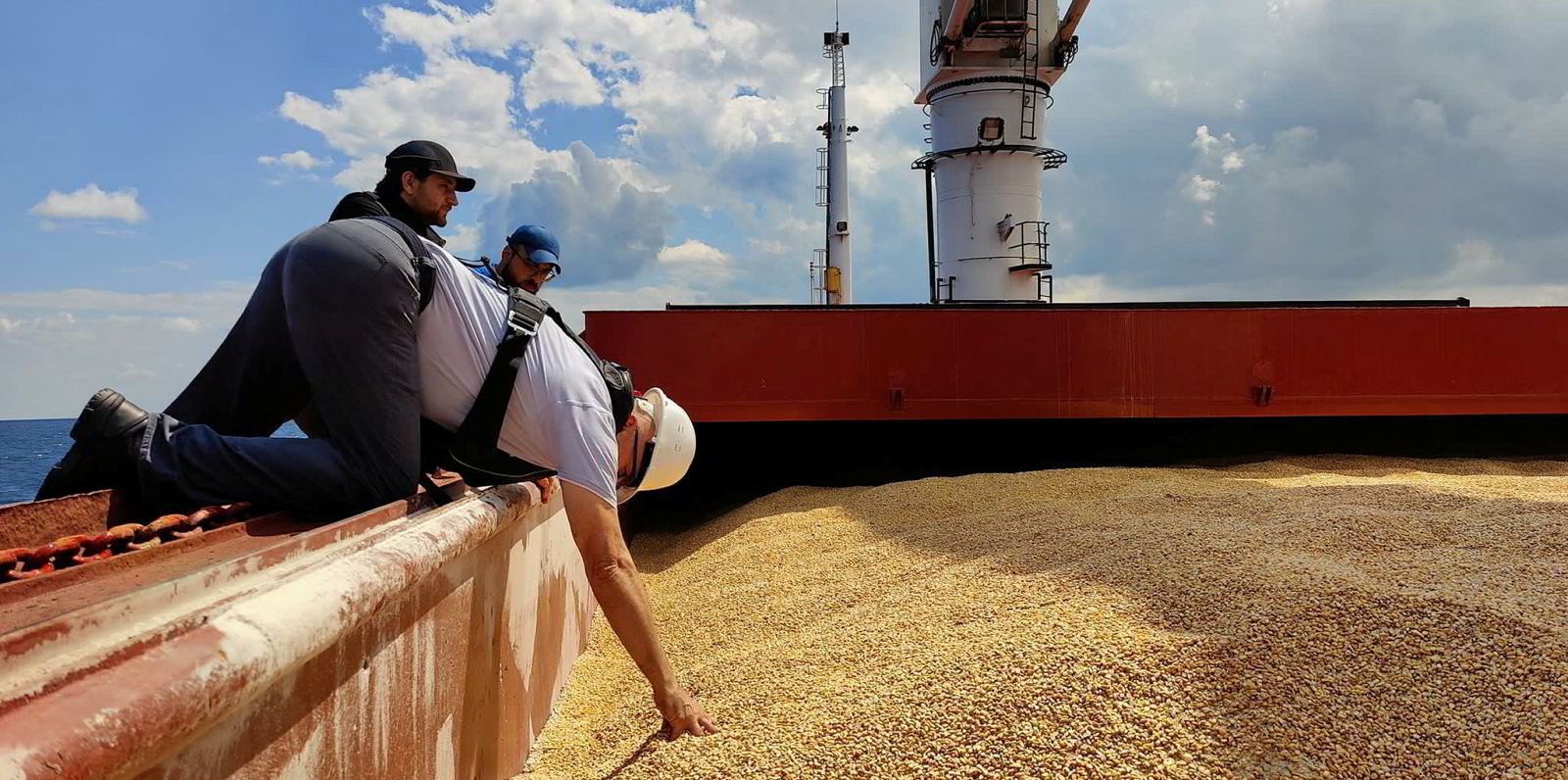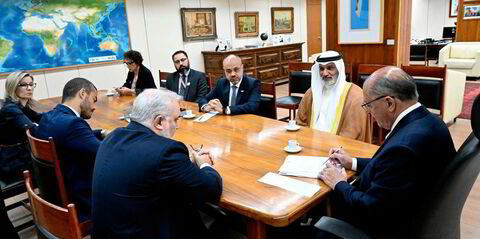The UK is providing six underwater minehunting drones to Ukraine to help detect Russian mines in the waters off its coast.
The lightweight autonomous vehicles are designed for use in shallow coastal environments, operating effectively at depths of up to 100 metres to detect, locate and identify mines using an array of sensors.
Dozens of Ukrainian Navy personnel will be taught to use the drones over the coming months, with the first tranche having already begun their training.
Russia has been accused of weaponising food by destroying Ukrainian agriculture and blockading the country’s Black Sea ports to prevent exports.
UK Defence Secretary Ben Wallace has described Russia’s attempts to hold the world’s food supply to ransom as “cynical” and that it “must not be allowed to succeed”.
“This vital equipment and training will help Ukraine make their waters safe, helping to smooth the flow of grain to the rest of the world and supporting the armed forces of Ukraine as they look to defend their coastline and ports,” he said.
Admiral Sir Ben Key, First Sea Lord and chief of the UK’s naval staff, said the Russian mines “target shipping indiscriminately”, but particularly affect civilian traffic and trade and have had a “devastating impact on freedom of navigation in the Black Sea”.
The UK’s Ministry of Defence said “a small number of ships carrying grain” have left Ukraine since the United Nations brokered a deal in July to allow food exports.
“But efforts to get food out of the country continue to be hampered by sea mines left by Russian forces along Ukraine’s coast,” the MoD claimed.
However, figures from the UN said that over 1m tons of grain and other foodstuffs were moved from three Ukrainian ports as of 27 August.
Since the 29,300-dwt bulker Razoni (built 1996) sailed from Odessa on 1 August the UN-backed Joint Coordination Centre (JCC) has enabled the safe movement of 46 voyages from Ukraine and 57 voyages to Ukraine.
The JCC was established in Istanbul and comprises senior representatives from the Russian Federation, Turkey, Ukraine, and the UN.
Under the UN initiative ships are escorted by Ukrainian tug captains through a narrow maritime corridor to the edge of the minefield planted by Ukrainian forces before heading to Istanbul to be cleared for their final routes.





